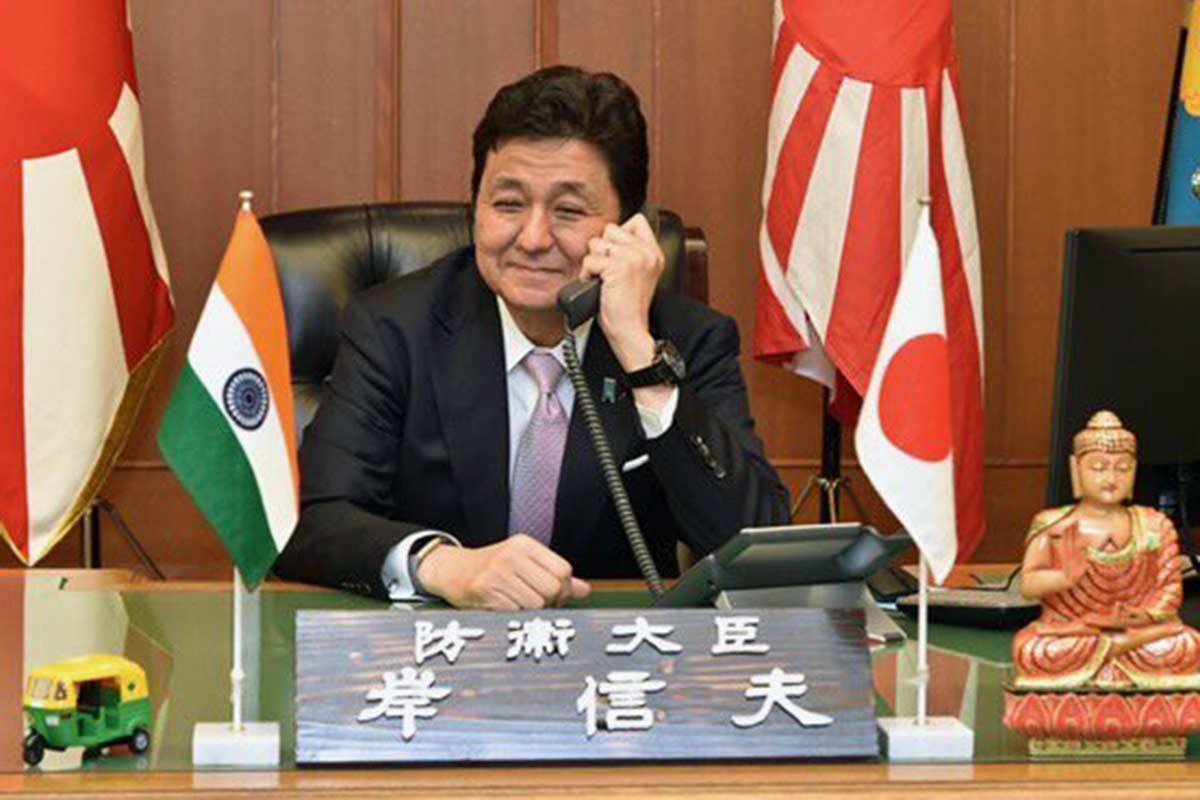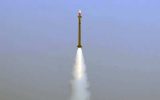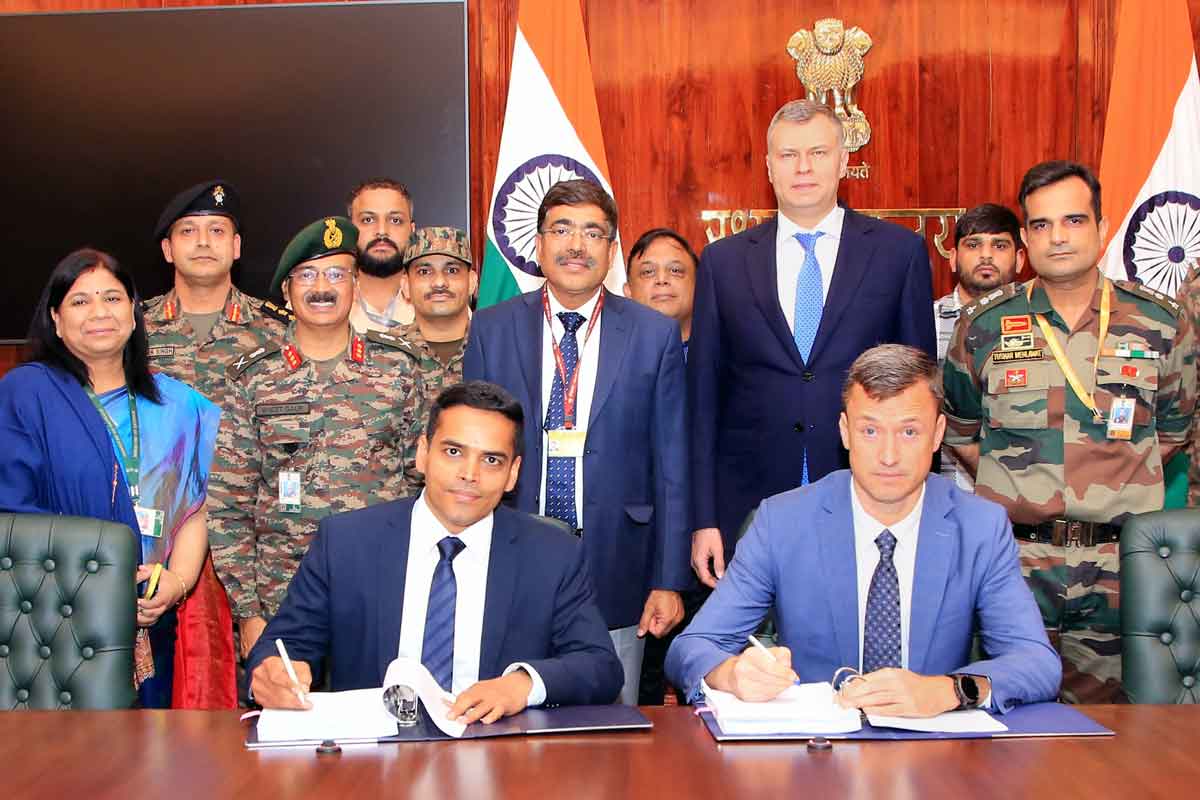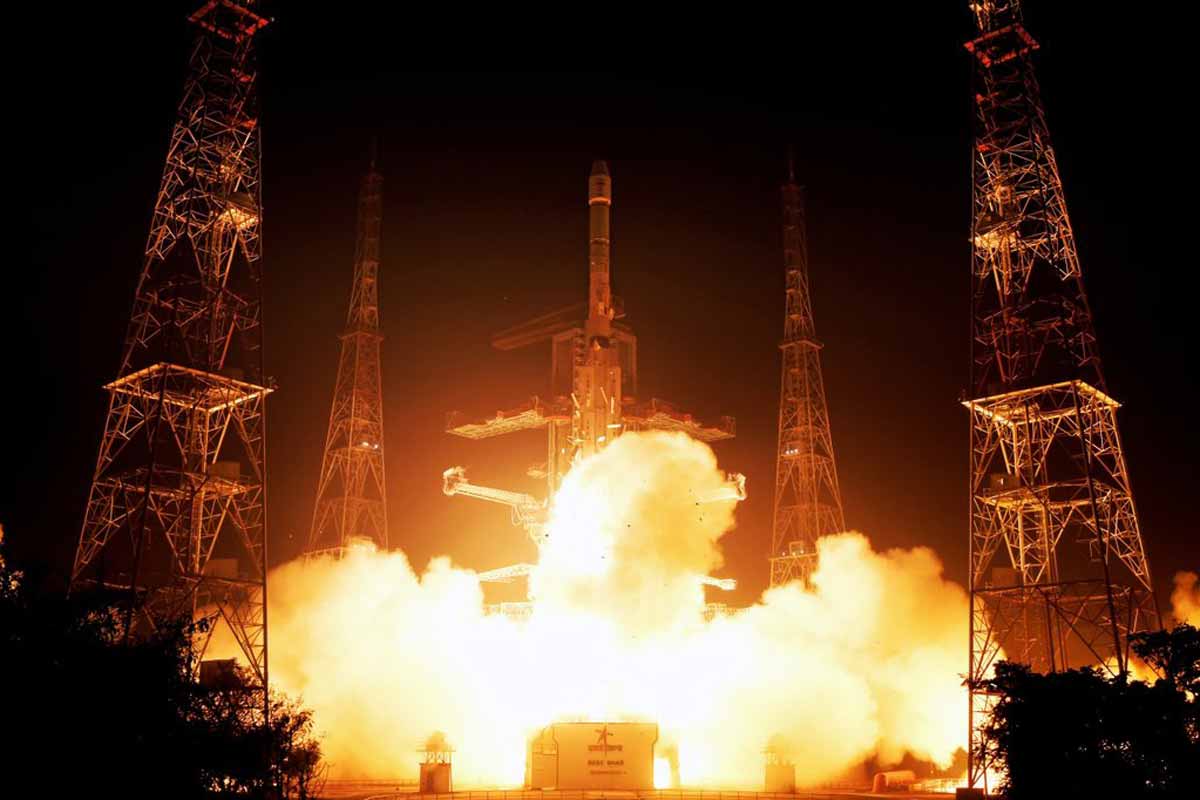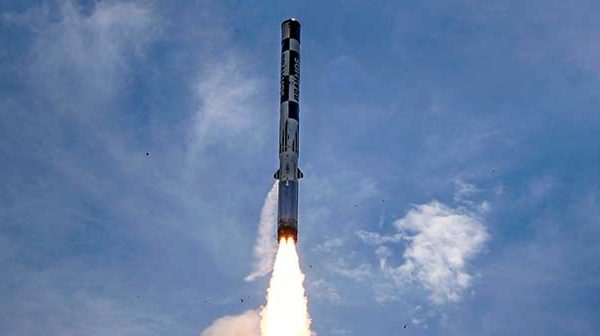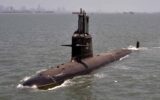India-Japan defence cooperation: In a strong message to an assertive China, Indian and Japanese leaders Tuesday strongly opposed any attempt to unilaterally change the status quo by use of force as it will escalate the tensions in the region.
Issues relating to the regional situation figured during a telephonic conversation between India’s Defence Minister Rajnath Singh and his Japanese counterpart Nobuo Kishi.
“The two ministers also exchanged views on regional situations, including the East China Sea and the South China Sea, and reaffirmed their continued close cooperation,” Japan’s defence ministry said in a statement.
“In this context, the ministers affirmed their intention to continue exchanging views in light of the current events occurring in the region and concurred in sending a clear message that they strongly oppose any attempts to unilaterally change the status quo by coercion or any activities that escalate tension,” Japan government said.
A statement issued by India’s defence ministry said the two leaders exchanged views on the security situation in the region and the need for a free and open maritime order based on the rule of law.
“The ministers reviewed the progress on various bilateral defence cooperation initiatives and expressed commitment to further elevate engagements between the armed forces under the framework of the India-Japan special strategic and global partnership,” the ministry of defence said.
Despite the outbreak of the most deadly pandemic in last 100 years which originated from Wuhan in China, the country’s leadership and military has been resorting to assertiveness in the South China Sea, East China Sea and along the Line of Actual Control in eastern Ladakh, triggering mounting global concerns and criticism.
READ: Indian ATAGS gun best in the world, no need to import, says DRDO
India and Japan have regularly been discussing the evolving situation in the Indo-Pacific, and have signalled to expand cooperation to deal with common challenges.
In September, the two countries signed a landmark agreement that allowed their militaries to access each other’s bases for logistics support. The pact was signed in the backdrop of growing concerns over China’s military muscle-flexing in the region.
READ: Astra Mk2 missile will destroy enemy aircrafts at a distance of 160 kilometers
India said that the two leaders agreed that in the recent past both countries have made “notable strides” in defence industry and technology cooperation and looked forward to even greater cooperation in the field.
“They expressed satisfaction at the signing of the agreement on reciprocal provision of supplies and services in further promoting defence ties between the two countries,” it said.
In a tweet, Rajnath Singh said India is committed to further elevate engagements with Japan.
READ: DRDO testfires long range Pinaka rocket system
“We expressed satisfaction at the ongoing defence cooperation between the two countries. India is committed to further elevate engagements with Japan under the Special Strategic & Global partnership framework,” he said.
The Indian readout said both ministers welcomed the successful conduct of the Malabar exercise last month as well as the bilateral naval drill between Indian and Japanese navies in September.
The Japanese defence ministry also said Singh and Kishi highlighted the importance of a free and open maritime order based on the rule of law.
READ: GST Return: How to file GST Nil returns by sending SMS
Last month, India hosted the Malabar exercise. Following India’s invitation, Australia also participated in the exercise effectively making it a drill by all the Quad member nations.
The Quad, comprising India, the US, Australia and Japan, is aimed at ensuring a free and open Indo-Pacific, a region that witnessed increasing Chinese military assertiveness in recent years.
READ: RBI expert group suggests hiking promoters’ stake to 26%


